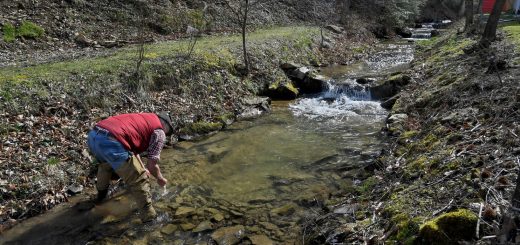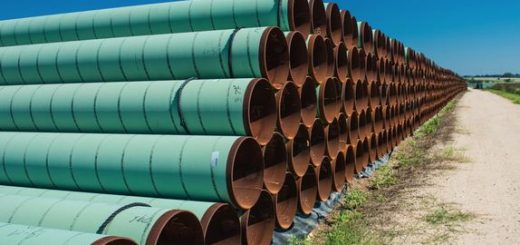Mountain Valley Pipeline faces political, regulatory changes in 2021
Laurence Hammack Dec 27, 2020
The history of the Mountain Valley Pipeline, from the time it was first proposed to its projected completion, will soon span the terms of three U.S. presidents.
So what impact will the incoming administration of Joe Biden — whose views on climate change and clean energy are the polar opposite of President Donald Trump’s — have on the deeply divisive natural gas pipeline?
It’s unlikely that a single action under Biden’s watch would kill the buried pipeline, much of it already in the ground despite legal action from environmental groups that has delayed construction and inflated its cost to about $6 billion.
But with federal agencies headed by Biden appointees and guided by his climate agenda, pipeline opponents say, the risk of a death by a thousand cuts is more likely.
“The developers behind MVP should be seriously weighing whether this project is still viable in a market and political atmosphere that favors clean energy and climate action,” said Lee Francis, deputy director of the Virginia League of Conservation Voters.
In 2014, when Mountain Valley first proposed building a 303-mile pipeline that will pass through the Roanoke and New River valleys, then-President Barack Obama largely embraced natural gas as a cleaner source of electricity than coal-burning power plants.
By the time the project was approved in 2017 by the Federal Energy Regulatory Commission, whose members are nominated by the president, Trump was taking a far more active role in promoting fossil fuels. Earlier this year, he sought to fast-track environmental reviews of dozens of major energy projects, including Mountain Valley.
Trump’s cabinet appointments of former oil and gas industry officials turned permitting agencies into “political operatives with clean air and water, and people’s health, falling victim,” Francis wrote in an email.
With those officials now on the way out, their replacements are likely to take a much harder look at the natural gas industry.
For full story, please visit The Roanoke Times






















































